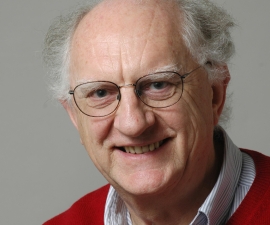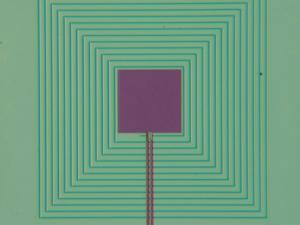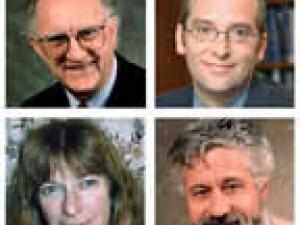

Research Bio
John Clarke is Nobel Laureate in Physics 2025 and Professor Emeritus of the Graduate School in the Department of Physics. One of him main interests is in the development, noise limitations and applications of Superconducting Quantum Interference Devices (SQUIDs). He is particularly intrigued by quantum-limited detectors and measurements. Applications include reading out superconducting “qubits”, novel schemes for ultra-low-frequency nuclear magnetic resonance (NMR) and magnetic resonance imaging (MRI), and searching for the axion.
Research Expertise and Interest
nuclear magnetic resonance, physics, noise limitations, applications of superconducting quantum interference devices, low-transition temperature, axion detectors, sensing of magnetically-tagged biomolecules, nondestructive evaluation
In the News
John Clarke awarded 2025 Nobel Prize in Physics
Start of most sensitive search yet for dark matter axion
Four UC Berkeley scientists elected to National Academy of Sciences
Four University of California, Berkeley, faculty members – physicists John Clarke and Bernard Sadoulet, chemist John Hartwig and ecologist Mary Power – have been elected members or foreign associates of the National Academy of Sciences, bringing UC Berkeley’s total NAS membership to 141.
Featured in the Media
John Clarke, Michel H. Devoret and John M. Martinis were recognized for work that made behaviors of the subatomic realm observable at a larger scale.



